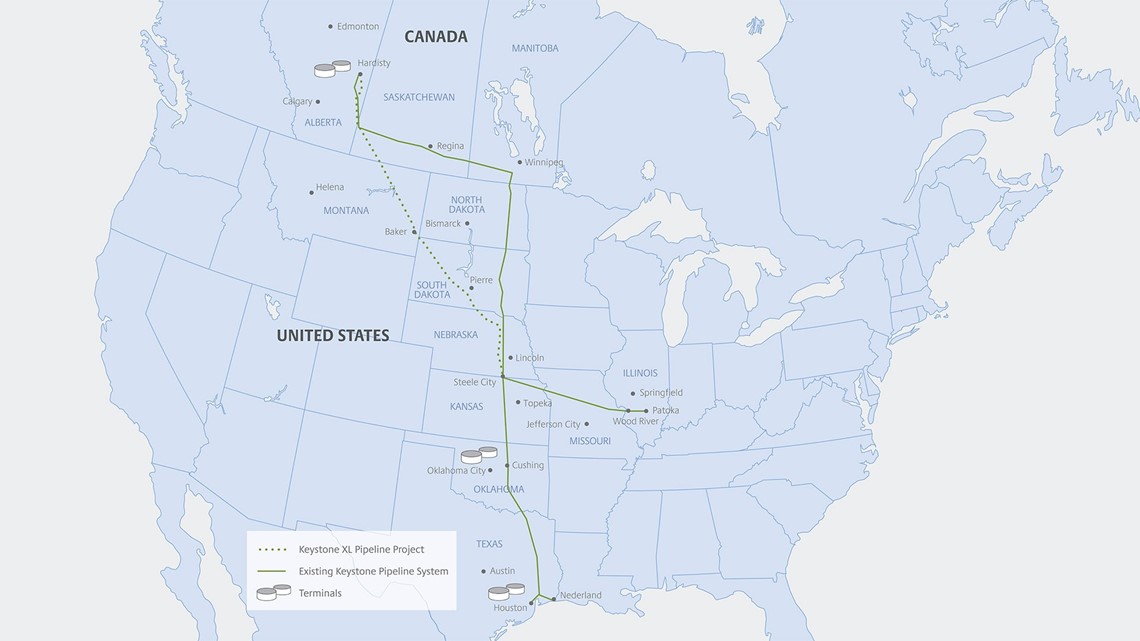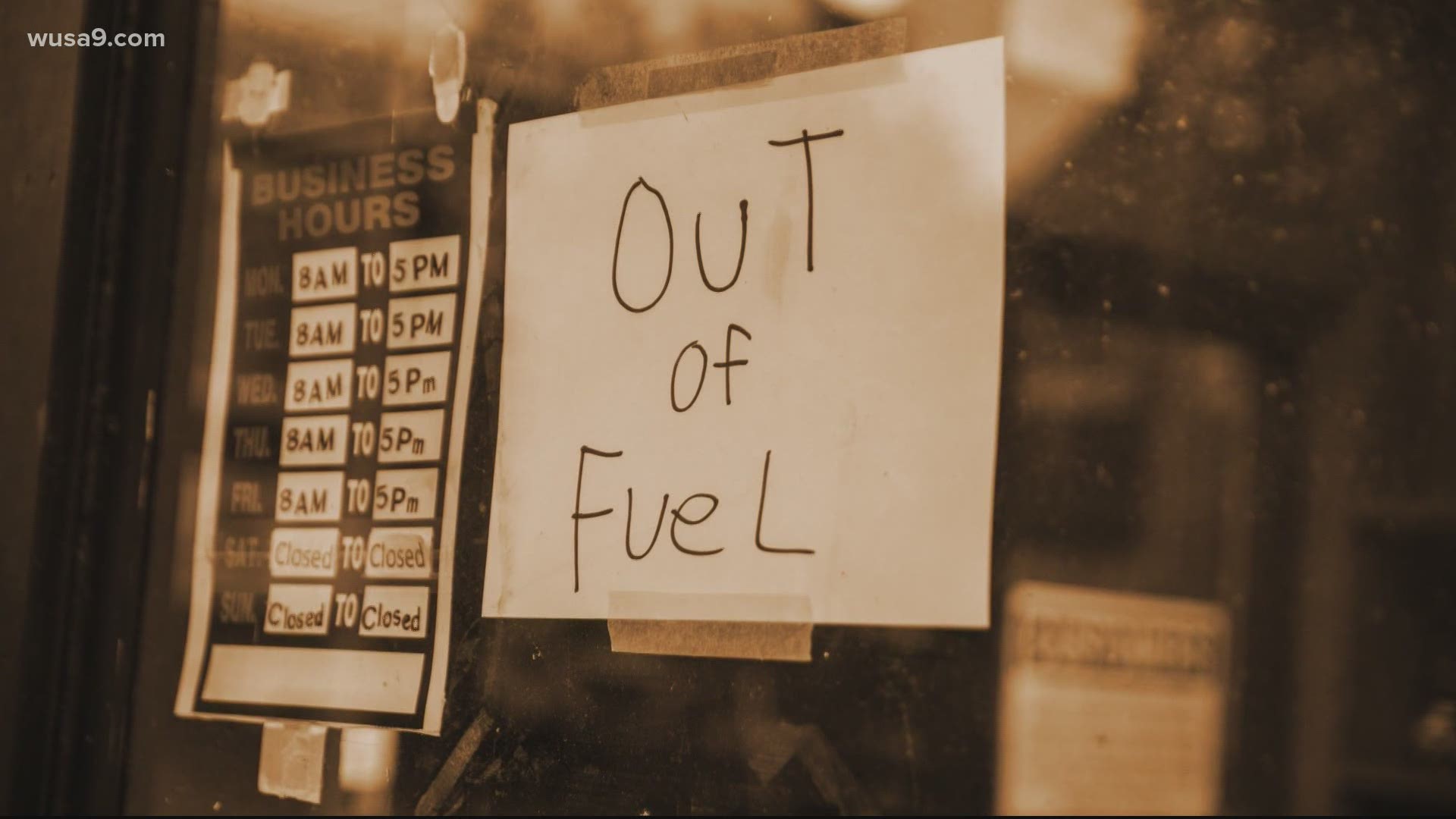WASHINGTON — On social media, claims have started to spread, suggesting that President Joe Biden was to blame for the recent gas crisis, in part because he revoked the permit for the Keystone XL Pipeline in an Executive Order in January.
The Verify Team went to experts in the field of gas distribution and prices to figure out if there is any truth to these claims.
QUESTION:
Did the decision to revoke the permit for the Keystone XL Pipeline have any causal effect on the recent gas crisis in the Southeast and mid-Atlantic?
THE SOURCES:
Patrick De Haan, GasBuddy Analyst
Kenneth B. Medlock III, James A. Baker III, and Susan G. Baker Fellow in Energy and Resource Economics at the Center For Energy Studies at Rice University
Professor Jason Mollica, Program Director for the School of Communications at the American University
THE ANSWER:
The January decision to revoke the permit for the Keystone XL Pipeline has no connection to the gas crisis developing on the east coast. The Keystone XL Pipeline is transporting crude oil from Canada to Oklahoma, whereas the current issue is about the Colonial Pipeline, transporting gasoline from Texas to New Jersey.
WHAT WE FOUND:
The Verify Team spoke with Patrick De Haan from GasBuddy and Ken Medlock from the Baker Institute at Rice University to better understand the causes for the recent gas crisis on the east coast.
Both experts were adamant that the local shortages had nothing to do with a January decision by the Biden Administration, relating to the Keystone XL Pipeline.
"They have nothing to do with each other," said De Haan. "And there's no effect."
Claims on social media have suggested otherwise.
"When you can't find gas," read one post. "Remember who executively ordered the Keystone Pipeline to close."
The post is referring to an Executive Order signed by President Joe Biden on his first day in office, which revoked a permit for an expansion to the Keystone Pipeline. This pipeline would eventually carry crude oil from Canada to Oklahoma. Crude oil must go through a refinement process before being used as gasoline or other products.


"It has no bearing on gasoline supplies on the East Coast," said Medlock.
The actual cause for the gas problems was the hacking of the Colonial Pipeline, which carries gasoline across a 5,500 stretch in the Southeast and mid-Atlantic.
"When the Colonial Pipeline went down," said Medlock. "You severed a system that moves one-sixth of all interstate petroleum product trade in the U.S. So, that created local shortages."

